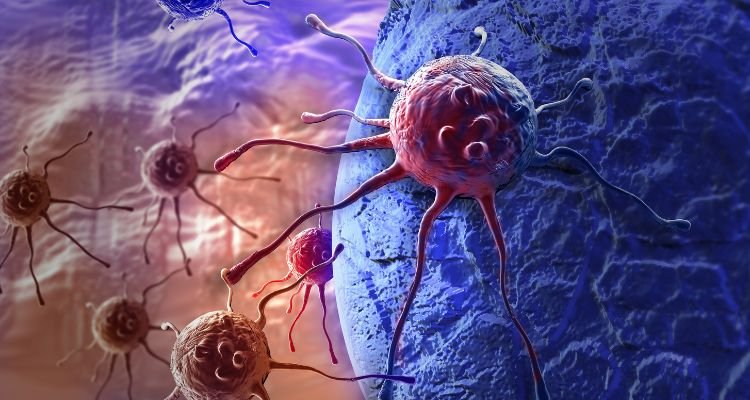
What are the available treatments for managing cancer pain?
Managing cancer pain is a critical aspect of comprehensive cancer care, as it significantly impacts a patient's quality of life. Effective treatment options vary based on the type and stage of cancer, the patient’s overall health, and the nature of the pain itself. A multidisciplinary approach is often employed, combining various therapies to achieve optimal pain relief.
Medications are the cornerstone of cancer pain management. Non-opioid analgesics, such as acetaminophen and nonsteroidal anti-inflammatory drugs (NSAIDs), can effectively relieve mild to moderate pain. For more severe pain, opioids like morphine, oxycodone, or fentanyl are prescribed. These medications are powerful pain relievers but require careful management due to potential side effects and the risk of dependence. Adjuvant medications, including antidepressants and anticonvulsants, may also be used to address specific types of pain, such as neuropathic pain.
Interventional procedures offer additional options for pain management. These may include nerve blocks, where local anesthetics are injected near specific nerves to interrupt pain transmission. Epidural injections can deliver medication directly into the spinal canal to relieve pain in certain areas. In some cases, more invasive approaches like surgical procedures to remove tumors causing pain or implantation of pain management devices (like spinal cord stimulators) may be warranted.
Physical therapy and rehabilitation play a vital role in managing cancer pain. Tailored exercise programs can help improve mobility, strength, and overall function while reducing pain levels. Techniques such as massage and acupuncture may also provide relief for some patients, addressing both physical discomfort and emotional stress associated with cancer.
Psychological support is crucial in the comprehensive management of cancer pain. Cognitive-behavioral therapy (CBT), mindfulness techniques, and support groups can help patients cope with the emotional burden of chronic pain, enhancing their overall well-being. Additionally, complementary therapies like yoga and meditation can promote relaxation and stress reduction.
Ultimately, effective cancer pain management requires a personalized approach that considers the unique needs of each patient. Collaboration between oncologists, pain specialists, physical therapists, psychologists, and palliative care teams ensures a holistic strategy aimed at maximizing comfort and improving quality of life. Through this multidisciplinary approach, many patients can achieve significant pain relief and maintain a more active, fulfilling lifestyle during their cancer journey.





